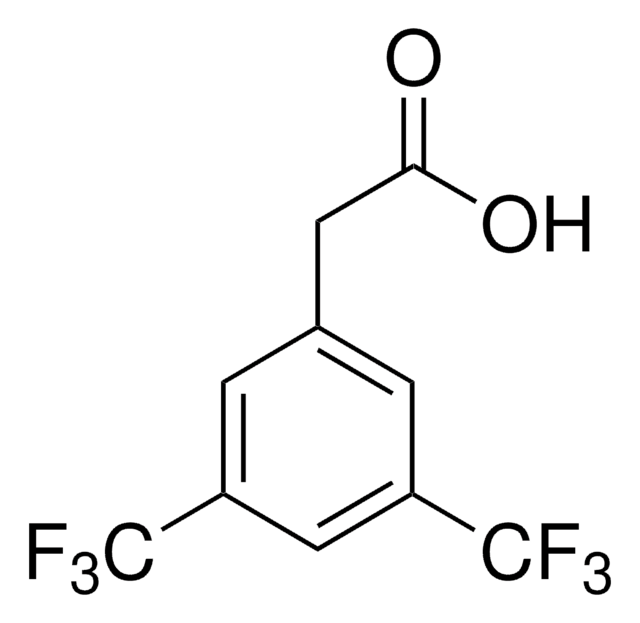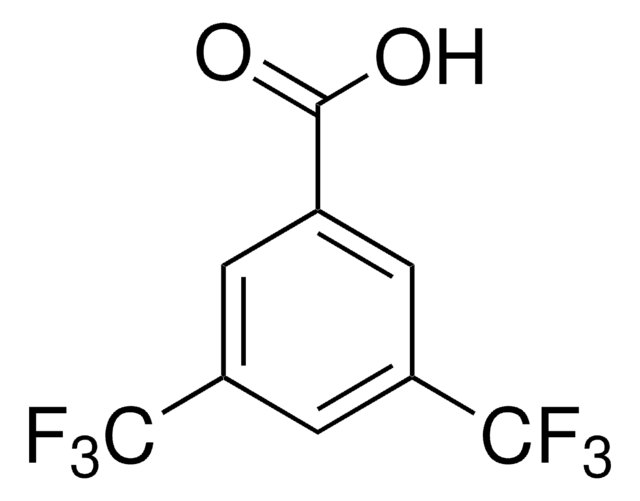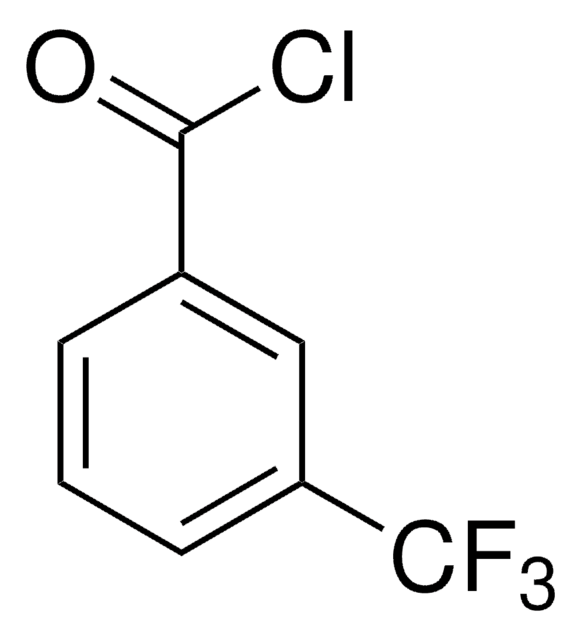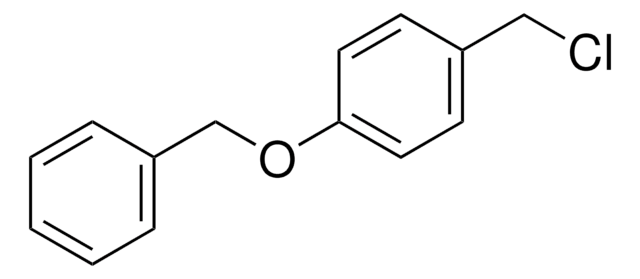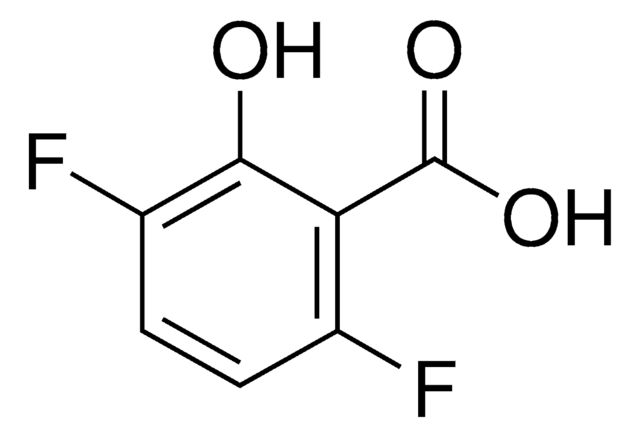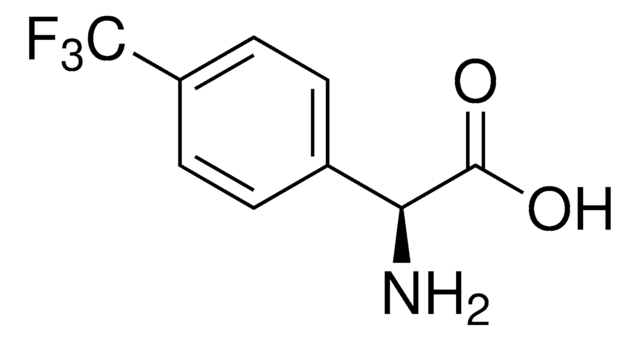All Photos(1)
About This Item
Empirical Formula (Hill Notation):
C11H10O2
CAS Number:
Molecular Weight:
174.20
EC Number:
MDL number:
UNSPSC Code:
12352100
PubChem Substance ID:
NACRES:
NA.22
Recommended Products
Assay
98%
form
powder
mp
201-203 °C (lit.)
SMILES string
CC1=C(Cc2ccccc12)C(O)=O
InChI
1S/C11H10O2/c1-7-9-5-3-2-4-8(9)6-10(7)11(12)13/h2-5H,6H2,1H3,(H,12,13)
InChI key
RONBYWGSEXDEKC-UHFFFAOYSA-N
General description
3-Methylindene-2-carboxylic acid undergoes asymmetric hydrogenation over Pd/Al2O3 in the presence of cinchonidine as a chiral modifier.
Application
3-Methylindene-2-carboxylic acid was used in the synthesis of:
- LKS01-B650, an imaging probe that selectively binds the catalytically active LMP7 subunit of immunoproteasome in living cells
- 1-methylindane-2-carboxylic acid via reduction with sodium amalgam
Storage Class Code
13 - Non Combustible Solids
WGK
WGK 3
Flash Point(F)
Not applicable
Flash Point(C)
Not applicable
Personal Protective Equipment
dust mask type N95 (US), Eyeshields, Gloves
Certificates of Analysis (COA)
Search for Certificates of Analysis (COA) by entering the products Lot/Batch Number. Lot and Batch Numbers can be found on a product’s label following the words ‘Lot’ or ‘Batch’.
Already Own This Product?
Find documentation for the products that you have recently purchased in the Document Library.
cis-and trans-2-Substituted 1-methylindanes.
Shadbolt, RS.
J. Chem. Soc. Sect. C, 7, 920-922 (1970)
Asymmetric hydrogenation of indene carboxylic acids: stereochemistry of hydrogen addition.
Borszeky K, et al.
Tetrahedron Asymmetry, 10(24), 4781-4789 (1999)
Lalit Kumar Sharma et al.
Chembiochem : a European journal of chemical biology, 13(13), 1899-1903 (2012-07-19)
Probing the unknown: The immunoproteasome, an alternative form of the constitutive proteasome, has been implicated in a number of pathological states such as cancer and autoimmune diseases. In an effort to understand the role of the immunoproteasome in cells, the
Our team of scientists has experience in all areas of research including Life Science, Material Science, Chemical Synthesis, Chromatography, Analytical and many others.
Contact Technical Service